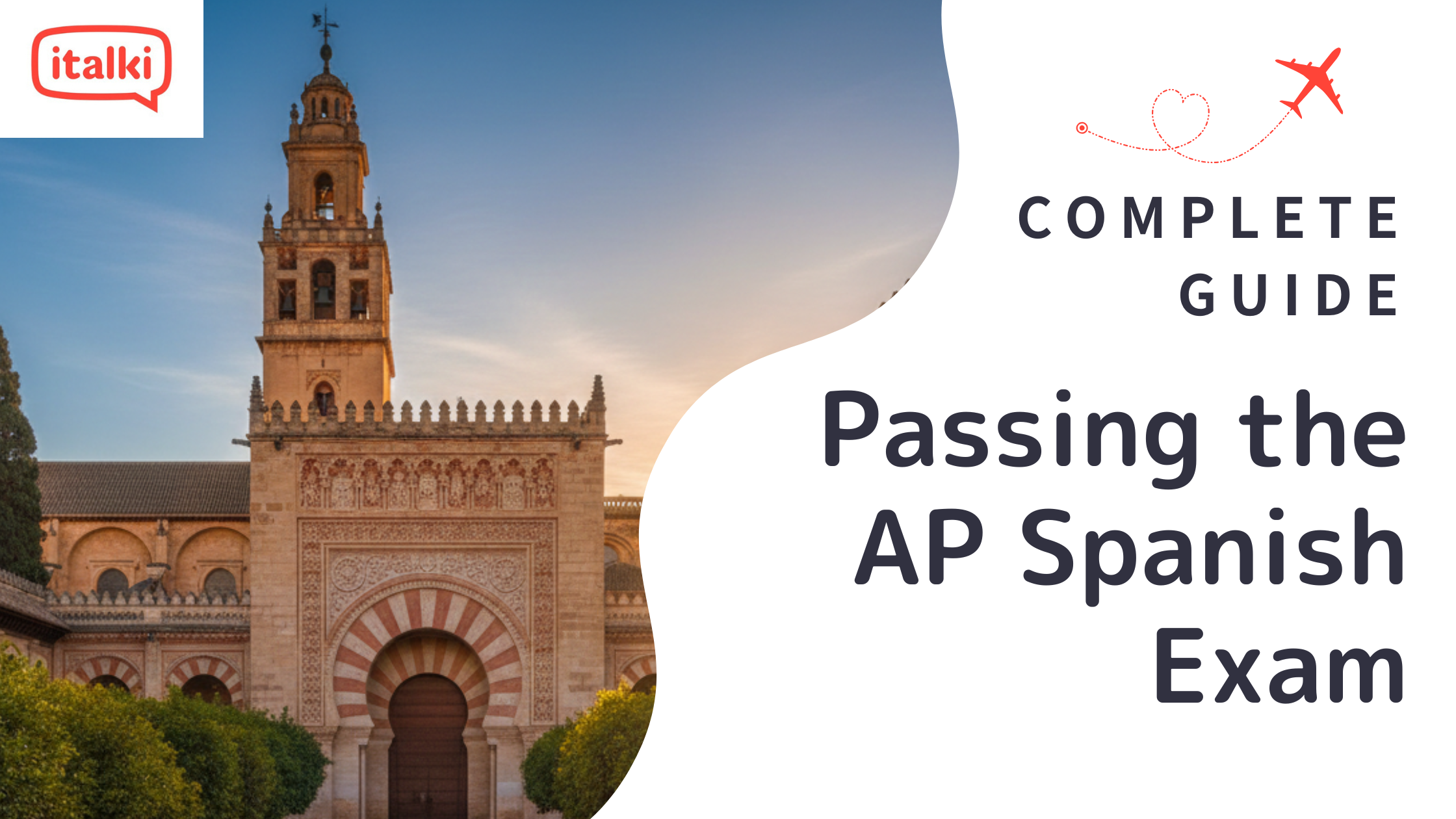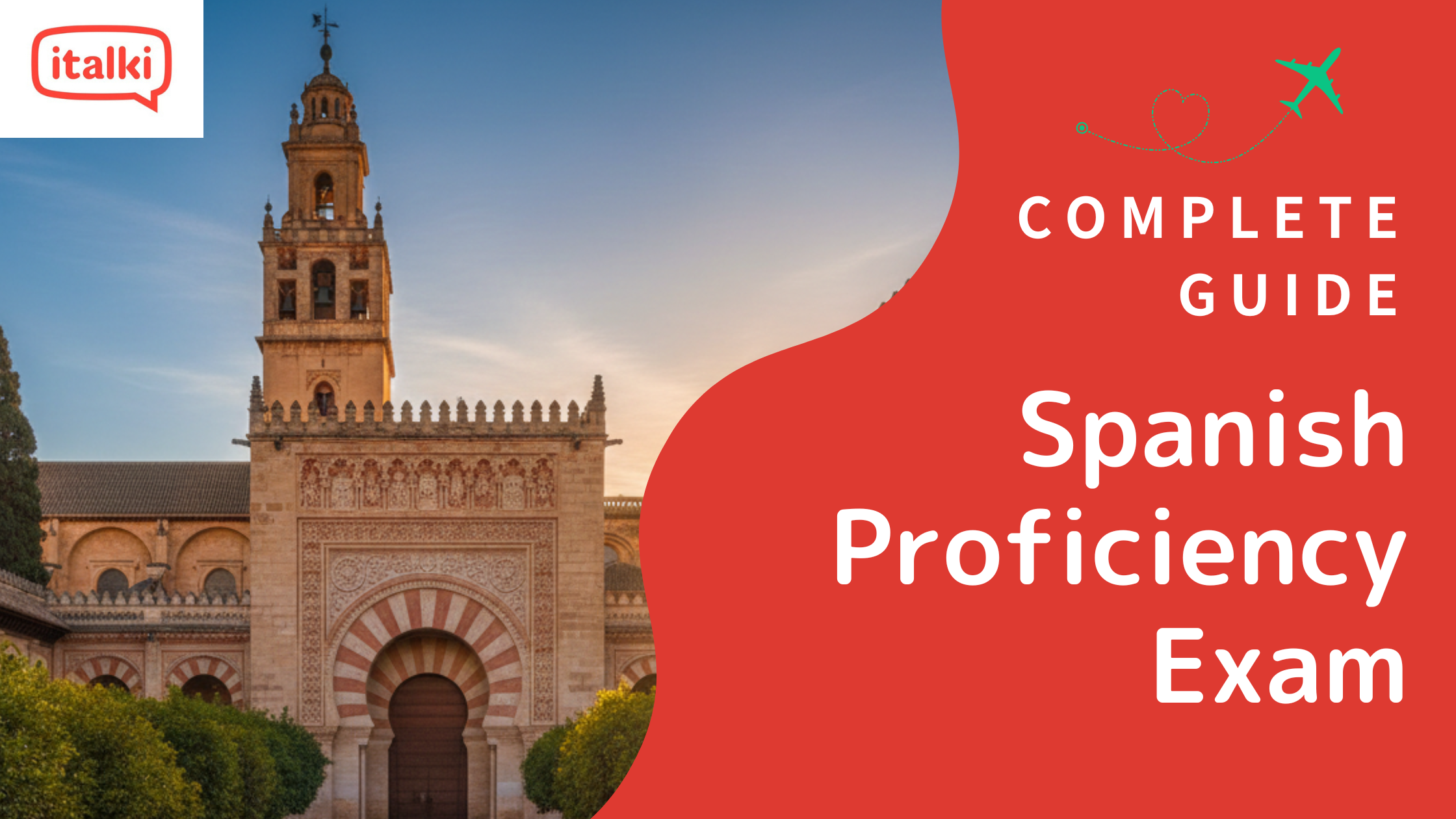The German-derived English words are no less than hope for language learners. You can learn German online by following the German-derived English words. These German words in English appear in almost all conversations and can help you understand German content easily.
The German words in English are fun to say. They will increase your fluency in the language and help you to relate to two different languages. Cool, right? Stick to this article and you will explore some of the easiest and most fun words derived from German.
Since there are so many English words that are derived from German, they are automatically easier to learn. When you generate a list of these words for yourself, it will help you to use them quite often and memorize them. Memorizing these words will minimize your chances of getting confused.
Do not forget to generate your vocabulary with a help of an authentic source. To achieve your learning goal, get your hands into italki’s lesson plans. Italki is a great online language learning platform with the best online German tutors to provide you with one-on-one learning sessions. They will help you remove the confusion between Spanish vs. German and to expand your knowledge base. Book your lessons and start your journey.

Find Your Perfect Teacher
At italki, you can find your German tutor from all qualified and experienced teachers. Now experience the excellent language learning journey!
Book a trial lesson
Learning such words also gives you the opportunity to learn about German history and the German’s relationship with English-speaking countries and the aspects they have in common.
35 English Words Derived from German
1. Abseil
Rock climbers frequently use the term abseil when discussing descending by rope. Although you would normally say that you are abseiling, another less-German term for this action is rappelling.
2. Automat
This one is fairly straightforward, as it refers to a machine that accepts money and serves food or drinks, commonly found in fast food restaurants. It’s not a common word these days, but we still see vending machines, which are a type of automat.
3. Anschluss
Although this word means “connection,” it derives from Austria’s forced integration with Nazi Germany.
4. Achtung
Although the word Achtung means “attention,” it has appeared in several cultural references, including the U2 album “Achtung Baby.”
5. Blitz
Blitz is an interesting word because it technically means lightning in English. In German, it is only used literally (lightning war), as in World War II’s rapid military ground attacks known as Blitzkrieg.
6. Bagel
Many English speakers use this word every morning, and while this tasty bread food originated in Poland, Germans also call them bagels or beigels.
7. Carabiner
The term karabinerhaken refers to a spring hook safety system found on German rifles. In English-speaking countries, the term “carabiner” is derived from this, but it refers to a metal safety loop used by rock climbers.
8. Delicatessen
Although you may be familiar with the term “deli,” you will still find many shops with the word “delicatessen” plastered on the sign. It refers to a shop that sells delicacies such as cheese and meat. Delicatessen is made up of two separate German words: delikat, which means “delicious,” and Essen, which means “to eat.”
9. Doppelgänger
The term “doppelgänger” has gained popularity in pop culture and it refers to when you see someone who looks exactly like someone you know. It’s a literary term that refers to a supernatural phenomenon in which a person appears to have been duplicated.
10. Fest
If you plan on attending a party or celebration, you can tell everyone that the word “fest” originated in Germany.
Want to learn more about the German language, you can visit italki and learn German efficiently.
Want to learn a language at italki?
Here are the best resources for you!
11. Feldspar
This is known as Feldspat in German, but “feldspar” in English, and it is a type of rock that makes up 60 percent of the world’s crust.
12. Götterdämmerung
In English, the word götterdämmerung refers to a catastrophic event, but in German mythology, it represents the demise of the gods. This is a combination of the German words Götter (gods) and Dämmerung (dusk twilight).
13. Gedankenexperiment
Gedankenexperiment is made up of two parts: Gedanken, which means “thought,” and experiment which is an exact translation of the English word “experiment.”
From the gedankenexperiment, we derive the meaning of “thought experiment.” Albert Einstein popularised this term in both English and German to refer to the use of complex mental reasoning as proof of his physics theories rather than actual physical evidence.
14. Gelandesprung
This term refers to a ski jump, usually over an obstacle. It’s even on the sign of the Gelandesprung Ski Club in Green Bay, Wisconsin.
15. Gestapo
This is an interesting word because, while it simply means a police force in German, Gestapo has a negative connotation throughout the rest of the world due to how the Gestapo led the way to a mass genocide during World War II.
16. Hinterland
Hinterland is a German and English word that means “backwoods” or “the land behind.” It primarily refers to wilderness areas.
17. Homburg
Winston Churchill was well-known for his use of homburgs. It’s a felt hat with a top dent and an upward brim that wraps around the sides.
18. Kitsch
Kitsch is something of poor taste or quality, and it is frequently used when discussing art or design.
19. Kaput
In English, this means that the car is broken or not working. In German, the word has the same meaning.
20. Kindergarten
This is the year preceding first grade. The word literally translates to “child garden” in German.
21. Kuchen
Kuchen is the German word for cake, but it can refer to a wide range of desserts and pastries in English-speaking countries.
22. Liverwurst
The Germans call it Leberwurst, a combination of the words Leber (liver) and Wurst (sausage), but English-speaking people know it as liverwurst.
23. Nazi
The term Nazi used to refer to someone or something associated with the National Socialist political party, but now it refers to tyranny and Hitler. As a result, when someone refers to another person as a Nazi, it simply means they are a fanatic.
24. Noodle
This is a well-known and loved pasta dish derived from the German word Nudel.
25. Poltergeist
Most English-speaking people associate this term with the “Poltergeist” film series, but it refers to a noisy ghost or a spiritual force that moves around objects.
26. Panzer
Although the term “panzer” technically means “armour” in German, it has come to be synonymous with the light German military tank.
27. Rucksack
In English, this term is commonly used by hikers to refer to a backpack. In fact, the word is most commonly used in the military. The literal German translation is “back sack,” but it refers to the same thing, a backpack.
28. Reich
This word is used in German for the term “empire” or as part of the name of national services, such as the post office. However, since the Third Reich, the term has been associated with Hitler’s tyranny.
29. Schadenfreude
Some might call this type of person a sadist, but the Germans coined another term for it: Schadenfreude. It refers to someone who enjoys the misfortune of others. Schadenfreude is derived from the combination of two different words: Schaden, which means “damage” or “harm,” and Freude, which means “joy” or “pleasure”.
30. Sauerbraten
Despite the fact that it is still a completely German word, many English-speaking people use it to refer to a German pot roast.
31. Schnapps
Anyone who drinks has most likely heard of Schnapps. In German, the distilled beverage is spelled schnaps.
32. Ubermensch
Ubermensch (or Übermensch, in the original German, which literally translates to “more than human”) derives directly from Friedrich Nietzsche’s philosophy, which is basically the opposite of Christianity in that he criticizes those who strive for other-worldliness, such as heaven.
33. Wanderlust
This is a popular phrase these days, and it refers to a strong desire to travel around the world, derived from the German words Wander (wander) and Lust (desire).
34. Weltanschauung
Weltanschauung refers to a worldview. This is derived from the German words Welt (world) and Anschauung (vision) (optimism).
35. Weltschmerz
Jean Paul, a German author, coined the term Weltschmerz to describe the mind’s inability to comprehend our physical reality. The literal translation is “world pain.”
Conclusion
These are some of the common German words in English. With the help of this article, you have got a chance to learn some of the coolest words that are common in both languages. Create a list for yourself and memorize them.
You can seek guidance from italki’s language learning sessions to generate your vocabulary list and learn some of the basics of the German language such as fruits in German and counting in German to make you speak as the natives do.
















